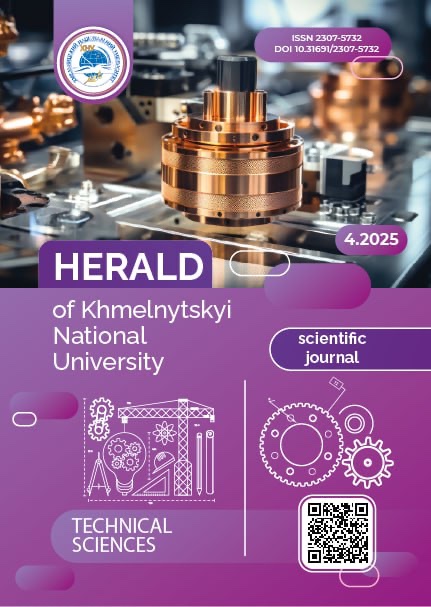P-BITS FOR PROBABILISTIC COMPUTING: DISTINCTIONS FROM CLASSICAL AND QUANTUM BITS
DOI:
https://doi.org/10.31891/2307-5732-2025-355-111Keywords:
p-bit, probabilistic computing, Ising model, combinatorial optimisation, sampling, machine learning, MTJ, memristors, CMOSAbstract
The article discusses the p-bit as a fundamental element of hardware platforms for probabilistic computing. Its mathematical model and physical implementations based on MTJ, memristors, and CMOS are presented. It is shown that p-bits combine the simplicity of classical bits with the stochastic behaviour characteristic of quantum systems, enabling efficient solutions for combinatorial optimisation, sampling, and probabilistic network modelling. A comparison with classical and quantum approaches is provided in terms of operating conditions, scalability, and energy efficiency. Current hardware implementations and future prospects of p-bits as an energy-efficient and scalable platform for probabilistic computing are also discussed.
P-bits demonstrate a unique combination of classical physical implementation, hardware simplicity, and the possibility of stochastic behavior, which makes them promising for expanding the capabilities of modern computing systems. Unlike classical bits, they allow hardware implementation of probabilistic algorithms and models, and compared to qubits, they do not require complex quantum infrastructure and operate at room temperature with low power consumption. The functional versatility of p-bits allows the implementation of logical operations, stochastic schemes, Ising models, and probabilistic network models, which makes them attractive for combinatorial optimization, machine learning, sampling, and stochastic modeling tasks. Empirical results confirm significant speedups over CPUs and GPUs in specialized tasks, demonstrating the potential of hardware parallelism and energy efficiency. P-bits open a new direction in the development of energy-efficient, scalable and flexible computing platforms capable of effectively solving complex problems that remain resource-intensive for classical and quantum systems
Downloads
Published
Issue
Section
License
Copyright (c) 2025 РОКСАНА ТОРСЬКА, АНАТОЛІЙ МЕЛЬНИК (Автор)

This work is licensed under a Creative Commons Attribution 4.0 International License.

